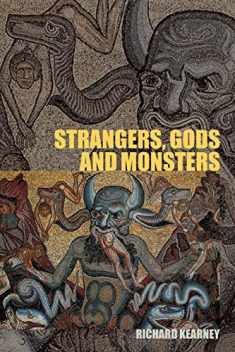
Phenomenologies of the Stranger: Between Hostility and Hospitality (Perspectives in Continental Philosophy)
Book details
Summary
Description
What is strange? Or better, who is strange? When do we encounter the strange? We encounter strangers when we are not at home: when we are in a foreign land or a foreign part of our own land. From Freud to Lacan to Kristeva to Heidegger, the feeling of strangeness―das Unheimlichkeit―has marked our encounter with the other, even the other within our self. Most philosophical attempts to understand the role of the Stranger, human or transcendent, have been limited to standard epistemological problems of other minds, metaphysical substances, body/soul dualism and related issues of consciousness and cognition. This volume endeavors to take the question of hosting the stranger to the deeper level of embodied imagination and the senses (in the Greek sense of aisthesis).
This volume plays host to a number of encounters with the strange. It asks such questions as: How does the embodied imagination relate to the Stranger in terms of hospitality or hostility (given the common root of hostis as both host and enemy)? How do we distinguish between projections of fear or fascination, leading to either violence or welcome? How do humans “sense” the dimension of the strange and alien in different religions, arts, and cultures? How do the five physical senses relate to the spiritual senses, especially the famous “sixth” sense, as portals to an encounter with the Other? Is there a carnal perception of alterity, which would operate at an affective, prereflective, preconscious level? What exactly do “embodied imaginaries” of hospitality and hostility entail, and how do they operate in language, psychology, and social interrelations (including racism, xenophobia, and scapegoating)? And what, finally, are the topical implications of these questions for an ethics and practice of tolerance and peace?


We would LOVE it if you could help us and other readers by reviewing the book
Book review





